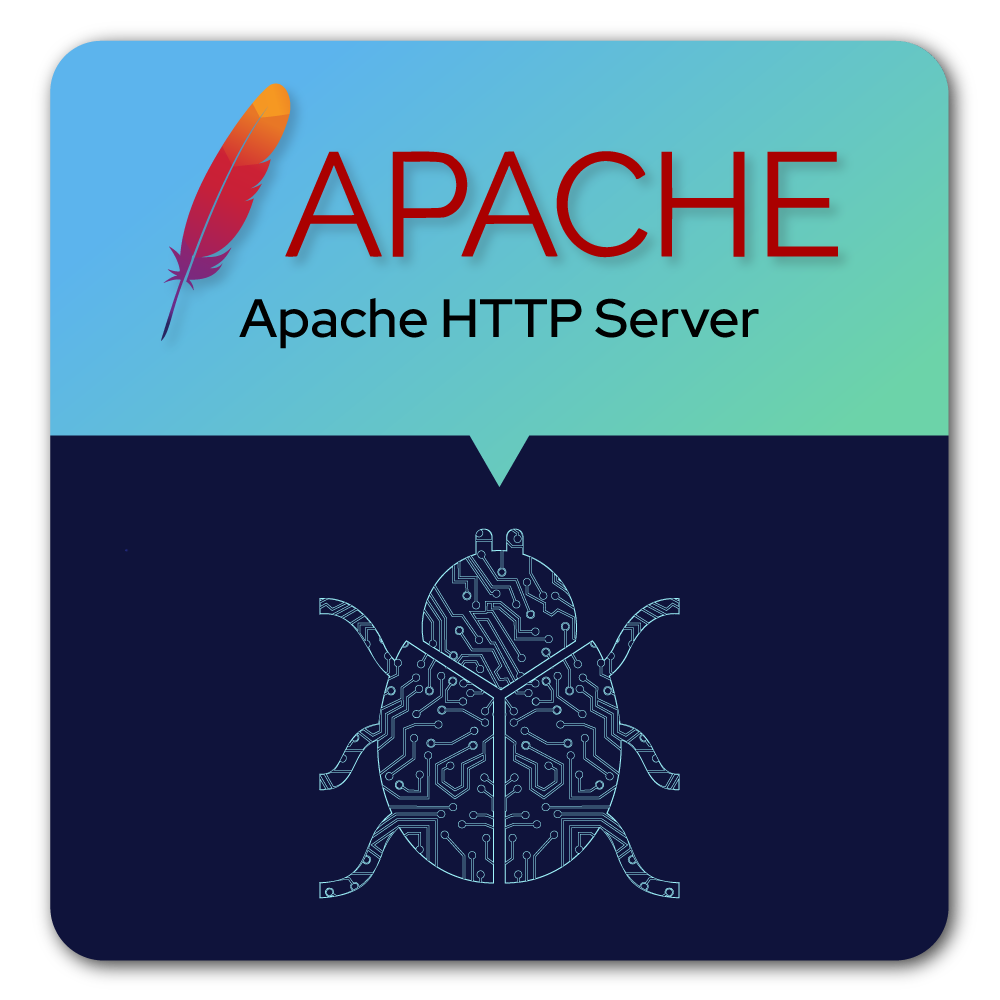VMware has published security fixes for its Workstation, Fusion, and ESXi products to address a heap-overflow vulnerability identified as CVE-2021-22045.
The Apache Software Foundation has published a new version 2.4.52 of the Apache HTTP Server to fix two vulnerabilities in one of the world's most popular web servers - one of which is rated as high, and the other as critical.
Two Active Directory bugs with vulnerability-chaining capabilities allow attackers to impersonate regular domain users to gain privileges and get access in unpatched Microsoft Windows Active Directory.
An APT group is using CVE-2021-44077 and CVE-2021-44515 in Zoho ManageEngine ServiceDesk Plus and Desktop Central Servers to compromise businesses in a range of industries, including military and technology.
A zero-day vulnerability has been discovered in Palo Alto Networks GlobalProtect VPN that unauthenticated attackers can exploit to execute arbitrary commands on affected devices with root privileges.
While all vulnerabilities listed by CISA are critical and should be prioritized for patching, five vendors stand out from the rest with the most number of CVEs associated with their products.
A directive recently released by the US government-backed Cybersecurity and Infrastructure Security Agency has a list of 703 known vulnerabilities that organizations have been asked to focus on patching immediately. Amongst them, 158 vulnerabilities have been identified as being exploited actively by various ransomware families. Read on to learn more about the vulnerabilities.
Thousands of Azure users and millions of endpoints are impacted by ‘OMIGOD’ zero-days,” was the initial outburst when the open-source vulnerabilities were disclosed. Many Azure customers are unwittingly putting themselves in danger.
On October 4, 2021, Apache announced fixes for a couple of vulnerabilities, including a zero-day flaw that affects Apache HTTP Server version 2.4.49—a widely used open-source, cross-platform web server for Unix and Windows.








